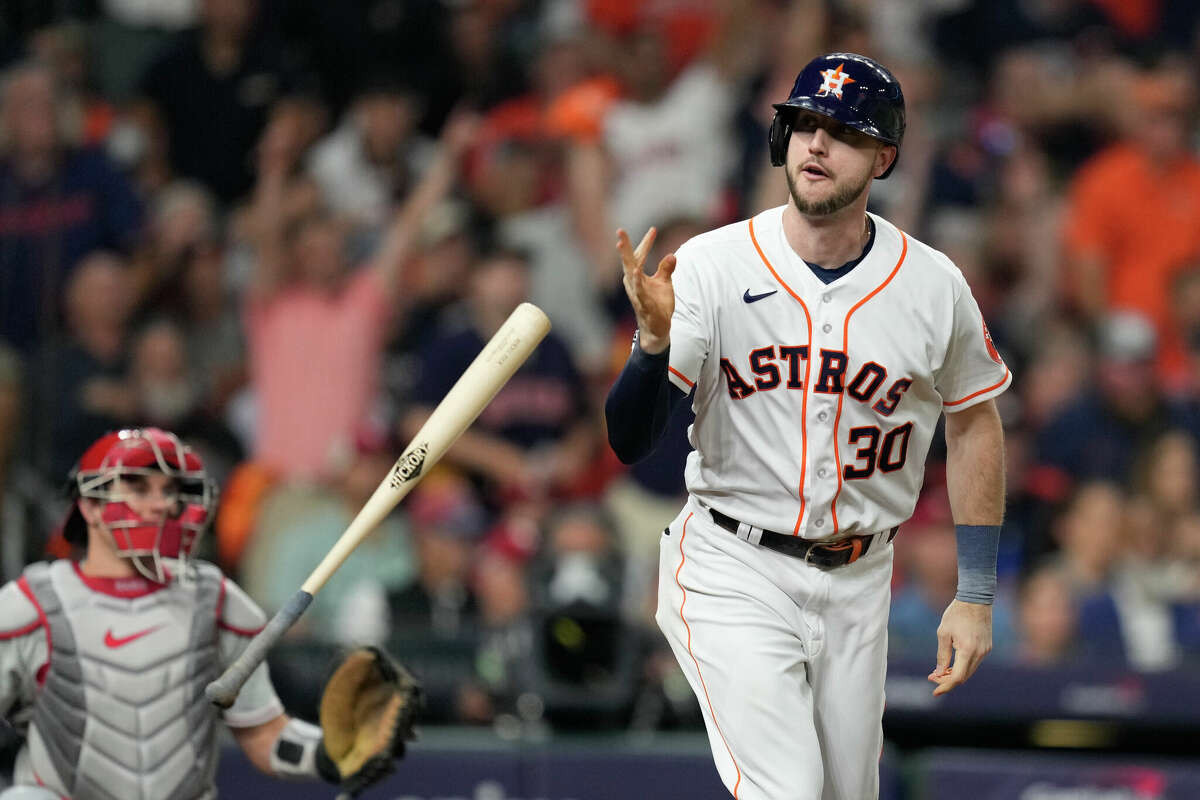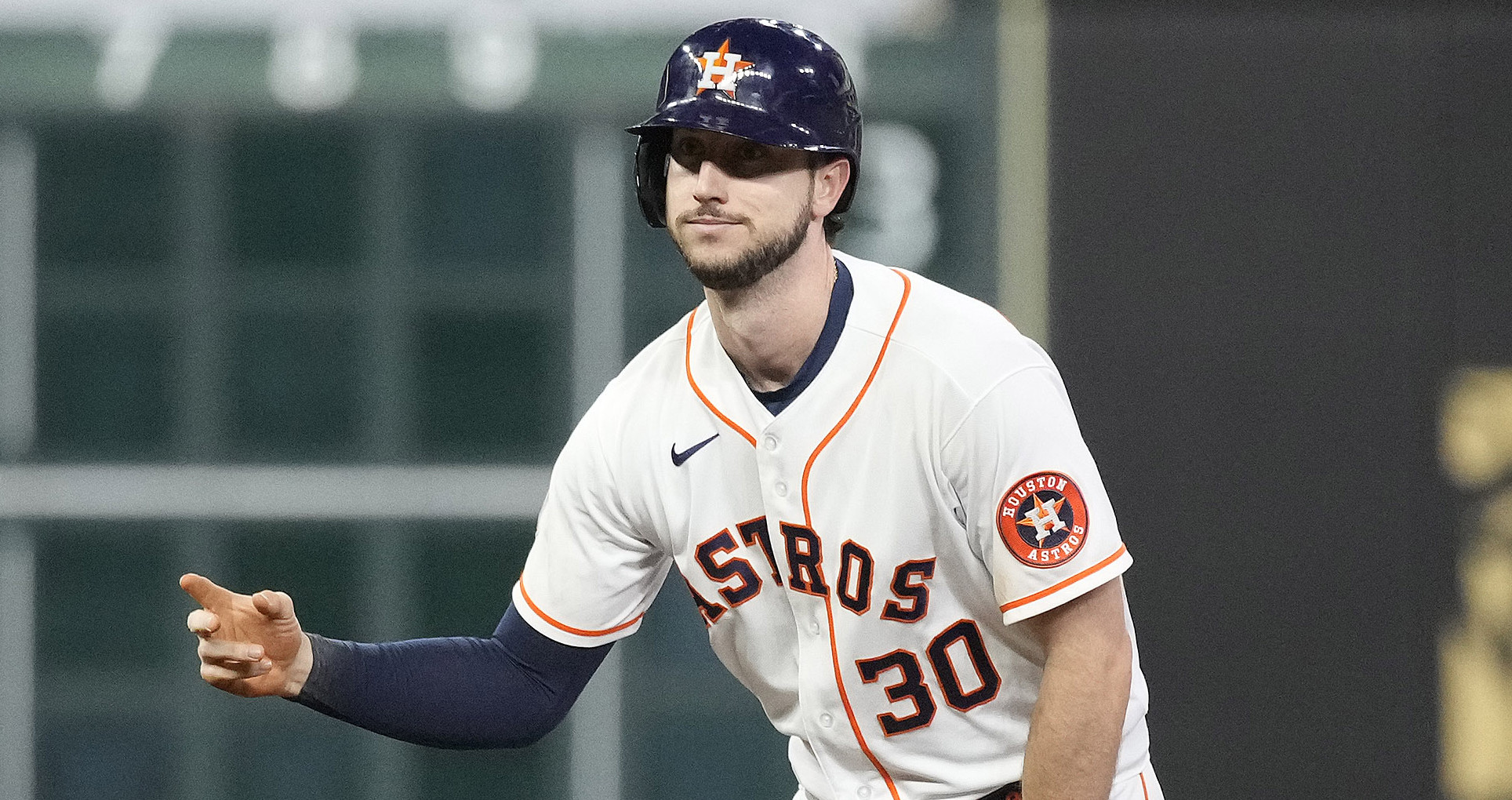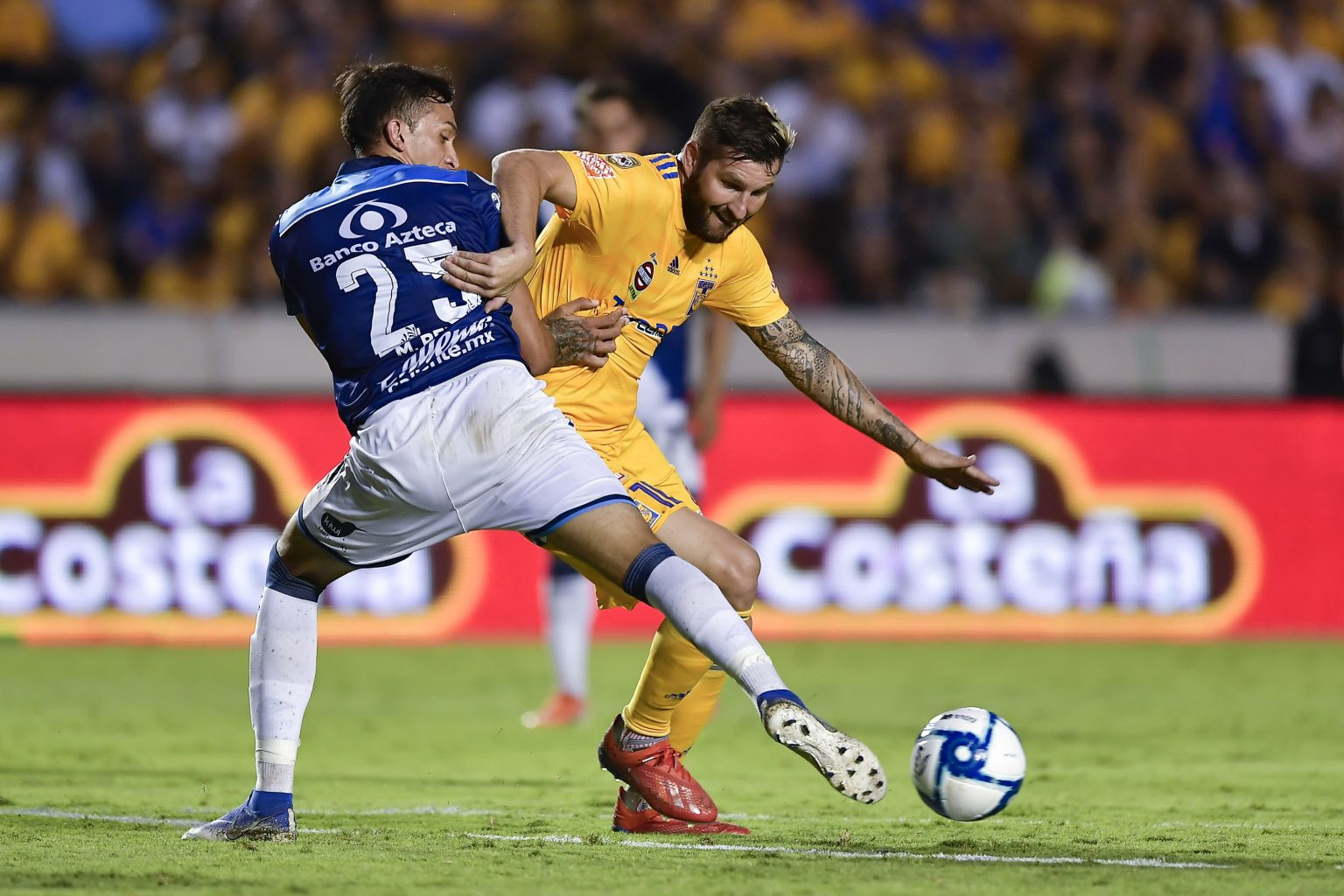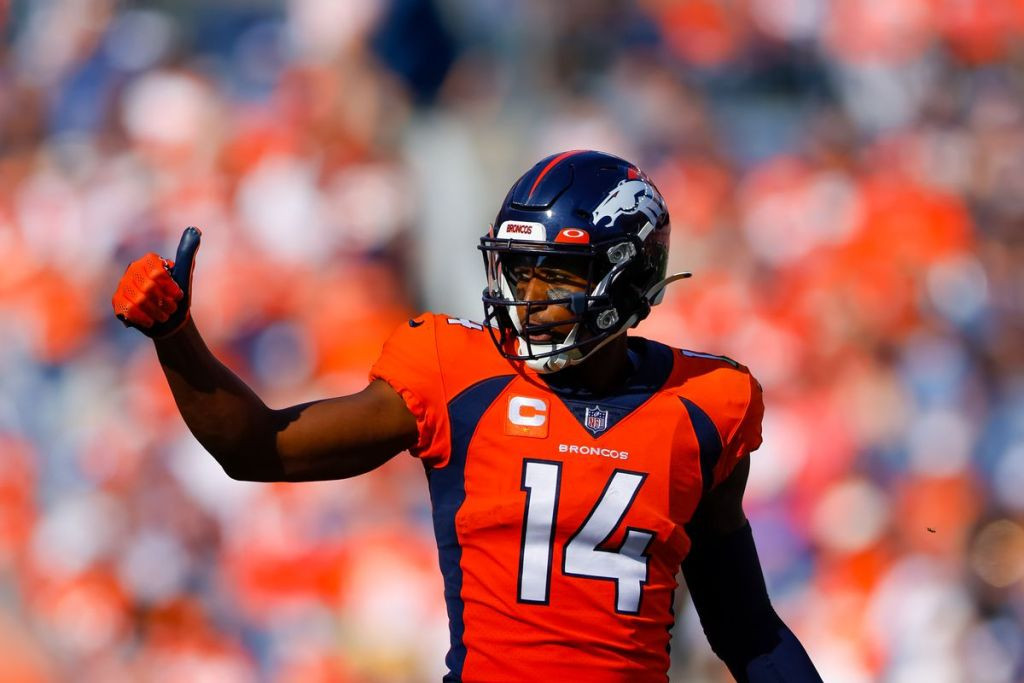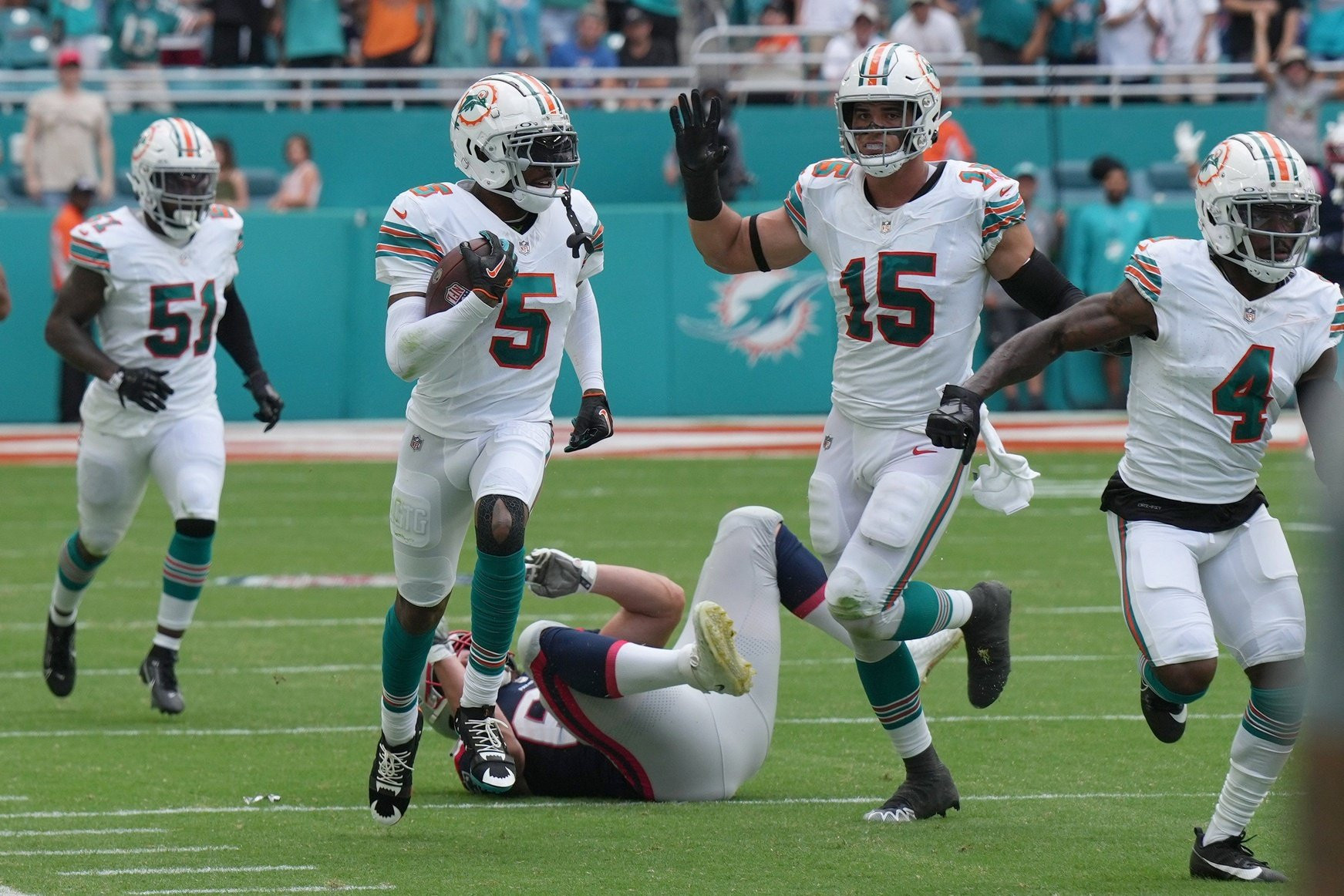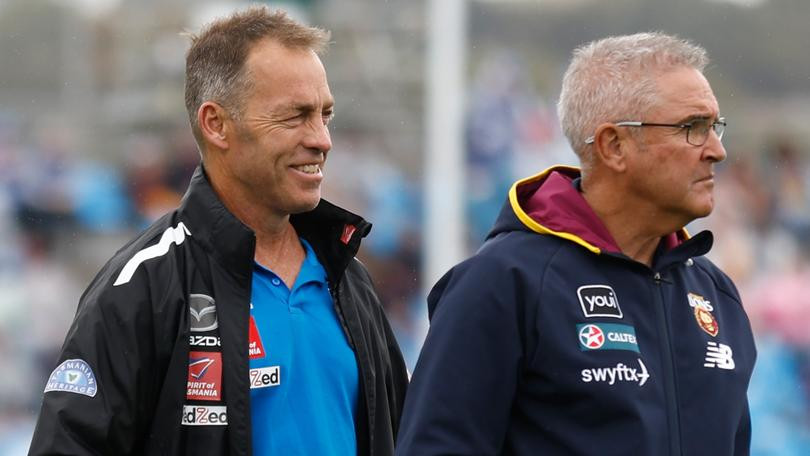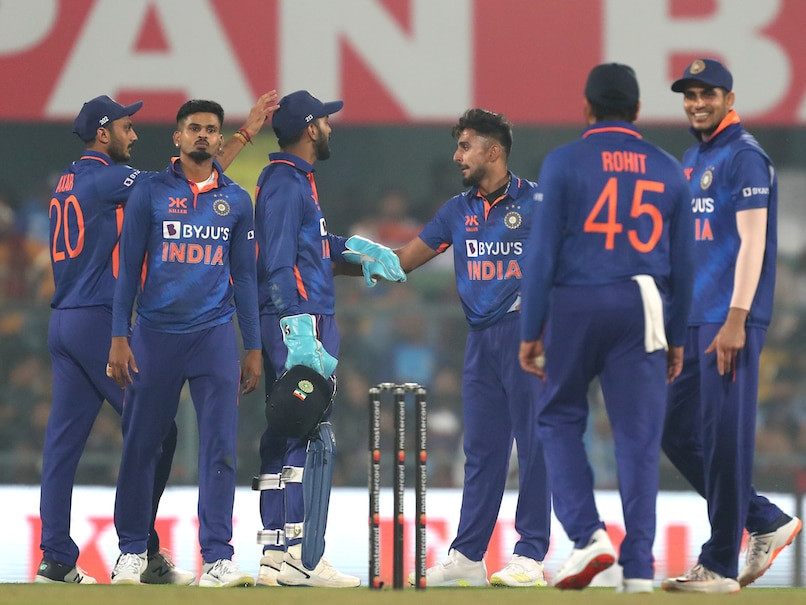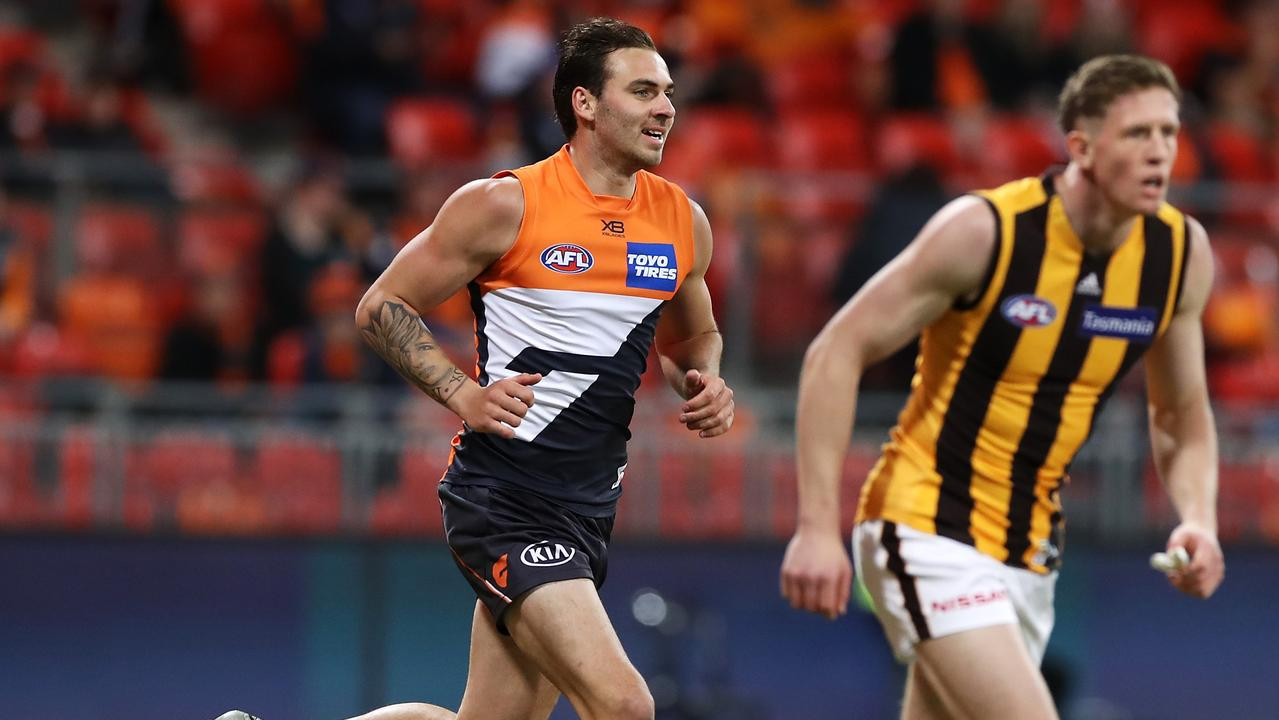Cubs' Blockbuster Trade: Kyle Tucker Joins North Side in Shocking Astros Deal!
The Chicago Cubs have sent shockwaves through Major League Baseball (MLB) with a blockbuster trade, acquiring three-time All-Star outfielder Kyle Tucker from the Houston Astros. This move marks a significant shift in the Cubs' approach, signaling a clear intention to compete for a championship in 2025 and beyond. The trade, announced Friday, sent infielder Isaac Paredes, pitcher Hayden Wesneski, and third-base prospect Cam Smith to Houston in exchange for the highly coveted Tucker. This wasn't just a simple swap; it represents a bold strategy by the Cubs, a departure from their previous approach.
Analyzing the Tucker Trade: A Win for the Cubs?
The acquisition of Kyle Tucker immediately elevates the Cubs' offensive capabilities. Coming off another impressive All-Star campaign, where he posted nearly 5 WAR despite injury, Tucker is considered one of baseball's premier hitters. His impressive .289/.408/.585 slash line in 2024, along with his 23 home runs and impressive walk-to-strikeout ratio (56 walks to 54 strikeouts) showcases Tucker's skillset and ability to maintain consistent performance at a high level. His age (28 in January) and established track record only enhance his value. This trade signifies a major shift from the Cubs’ previous strategy of trading established players for prospects. Although they did acquire infielder Jeimer Candelario in 2023, this trade for Tucker is different, paying a higher price for a far more impactful return.
Tucker's Impact on the Cubs Lineup
Tucker's presence instantly upgrades the Cubs' lineup. He's expected to slot into the top or middle of the batting order, providing a consistent power threat and a run-producing presence that the Cubs have lacked in recent years. This addition complements other key players, making the Cubs a more formidable opponent. In addition to a powerful offense, Tucker also adds to the Cubs' defensive capabilities. His strong right-field defense will help solidify the outfield alongside potential starters like Pete Crow-Armstrong and Ian Happ.
The Astros' Perspective: A Necessary Move?
For the Houston Astros, the decision to trade Tucker wasn't taken lightly. However, with Tucker entering his final year of team control before free agency, the Astros strategically used this opportunity to address multiple roster needs while obtaining valuable prospects in return. Tucker's projected $16 million price tag through arbitration in 2025 may have been a factor, considering the team's current financial landscape. This trade likely represents an attempt by the Astros to rebuild and shore up their roster for future success.
The Domino Effect: Bellinger's Future and Beyond
The Kyle Tucker trade is likely to create a ripple effect, especially concerning the future of other Cubs outfielders. With Tucker's arrival, Cody Bellinger’s role and even his future with the team are suddenly uncertain. The acquisition of Tucker, combined with the existing talent in the Cubs’ outfield, leads many to believe that Bellinger may be traded, with the New York Yankees often mentioned as a potential suitor. Speculation suggests this might also lead to further trades to create roster and financial flexibility. The Yankees were involved in discussions leading to the Tucker trade but were ultimately outbid by the Cubs. News outlets report that the Yankees might try to acquire Bellinger to boost their roster.
Long-Term Implications: A Gamble on the Future?
While the Tucker acquisition undeniably boosts the Cubs' immediate chances for contention, it also raises questions about the team's long-term strategy. The Cubs have historically been hesitant to commit to major free-agent signings, and Tucker's future could require a contract exceeding $200 million. The team's history of large contracts, while significant, has not been consistent with similar teams, despite their net worth of $4.22 Billion. Whether the Cubs have the financial appetite to commit to a megacontrat for Tucker once his current contract expires remains a major question. This raises questions on their long-term commitment to high spending and building a sustainable contender.
The Financial Landscape of MLB: A Changing Game
The current MLB financial landscape has changed dramatically. With superstar players commanding record-breaking contracts, teams are grappling with the challenge of balancing short-term competitiveness with long-term sustainability. The Cubs' acquisition of Tucker is a bold bet on their potential for short-term success, but it also carries significant financial risks in the long run. This move, therefore, is a gamble between building for now or long-term.
What's Next for the Cubs? A Path to Contention
The addition of Tucker elevates the Cubs' competitiveness but doesn't necessarily guarantee a championship. Other areas of the team still need attention and require improvements before they can be considered serious contenders. Adding a starting pitcher or strengthening the bullpen remain crucial for further improving the team's chances for success. They also need to decide on their roster moves after the acquisition of Tucker. The coming weeks and months will be pivotal to the Cubs' success, with smart decisions crucial in building a formidable team that can compete with the other top teams in the National League.
The Future is Now: Cubs Aim for the NL Central Title
The Chicago Cubs' acquisition of Kyle Tucker marks a turning point. The team has demonstrated a commitment to build a competitive team, and Tucker's arrival is a significant step forward. While financial concerns remain, the Cubs have a unique opportunity to build a team capable of competing for a National League Central title in 2025 and beyond. Their actions this offseason will determine if they're able to maintain this momentum and build a winning team capable of winning the pennant.




